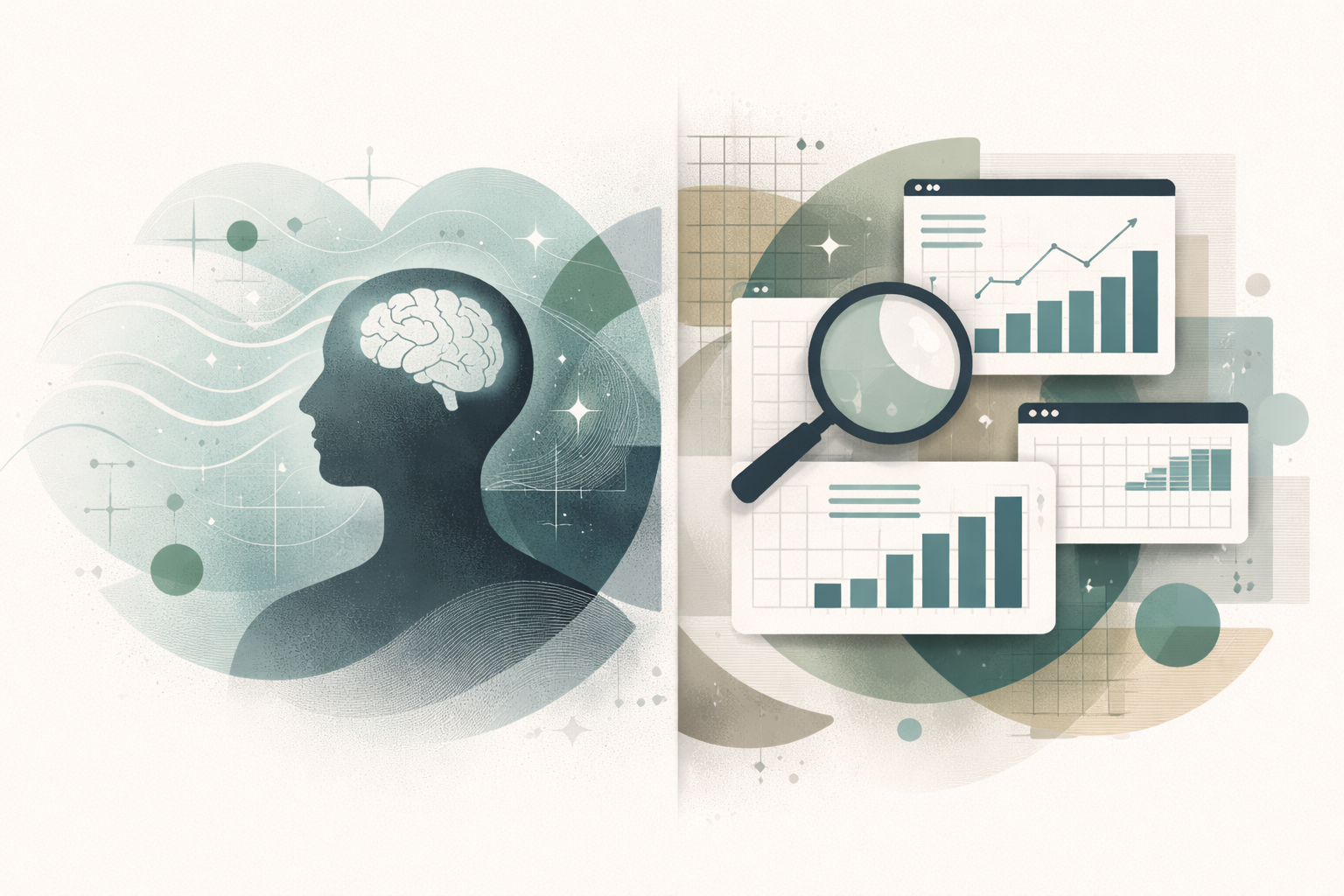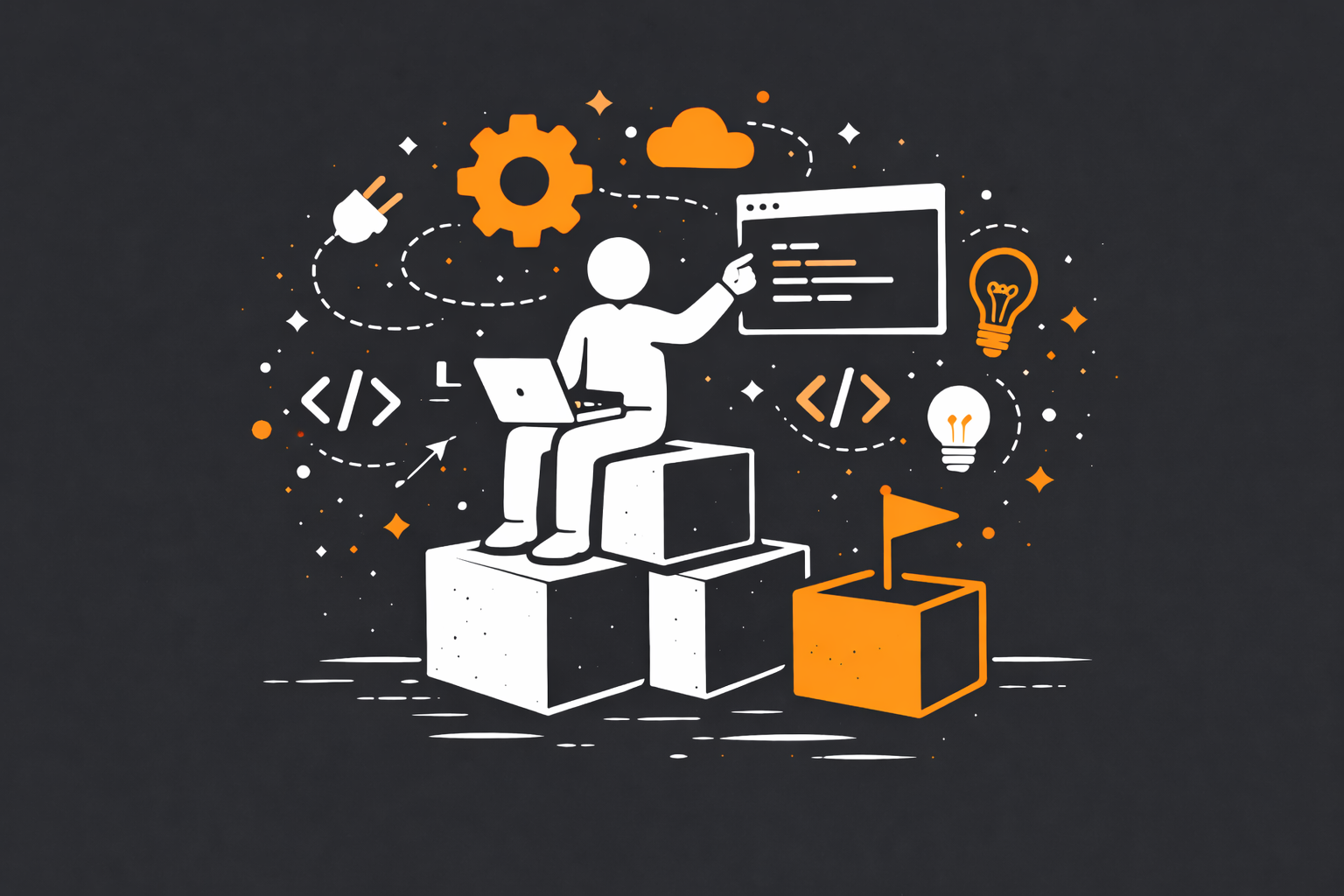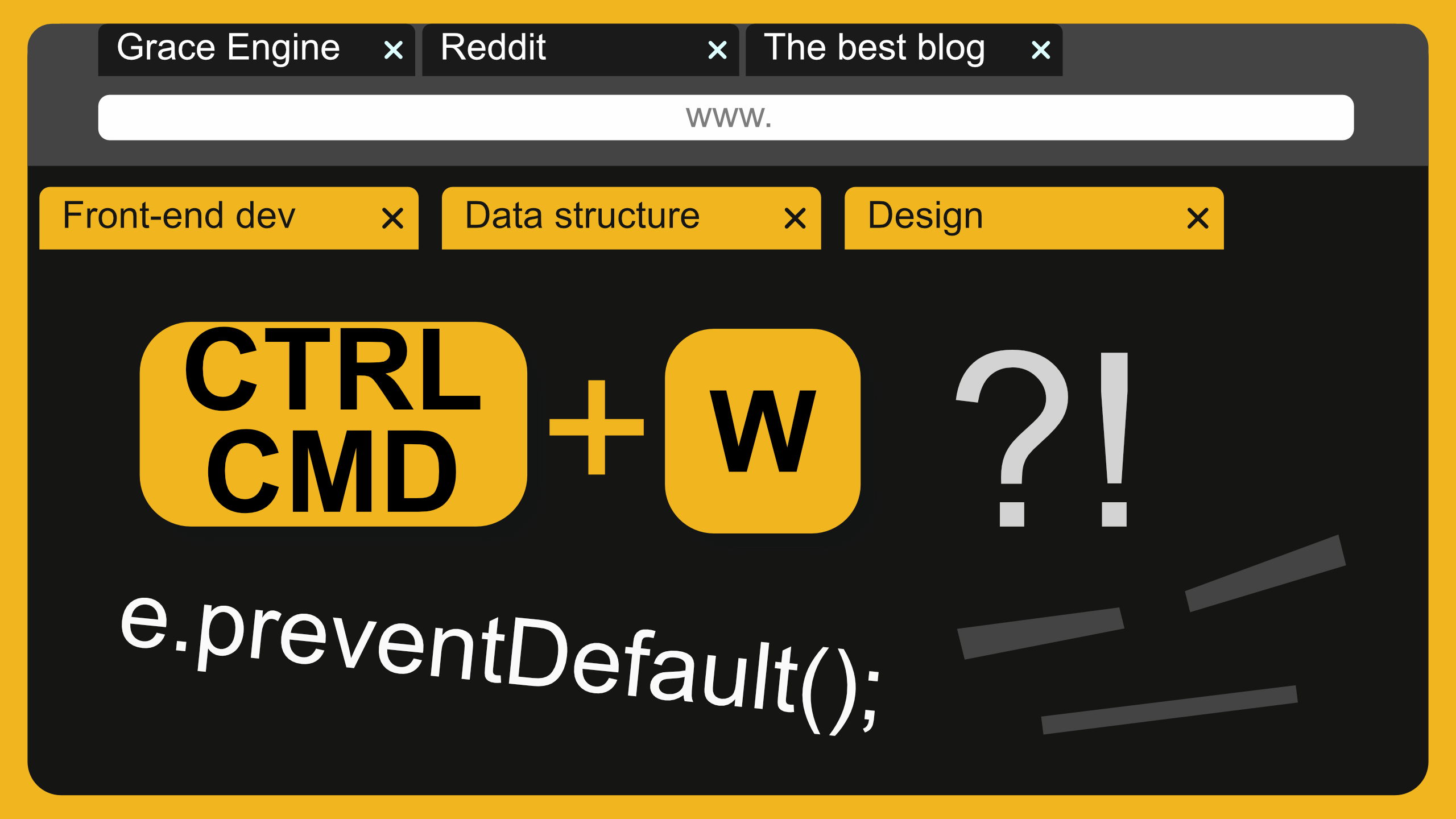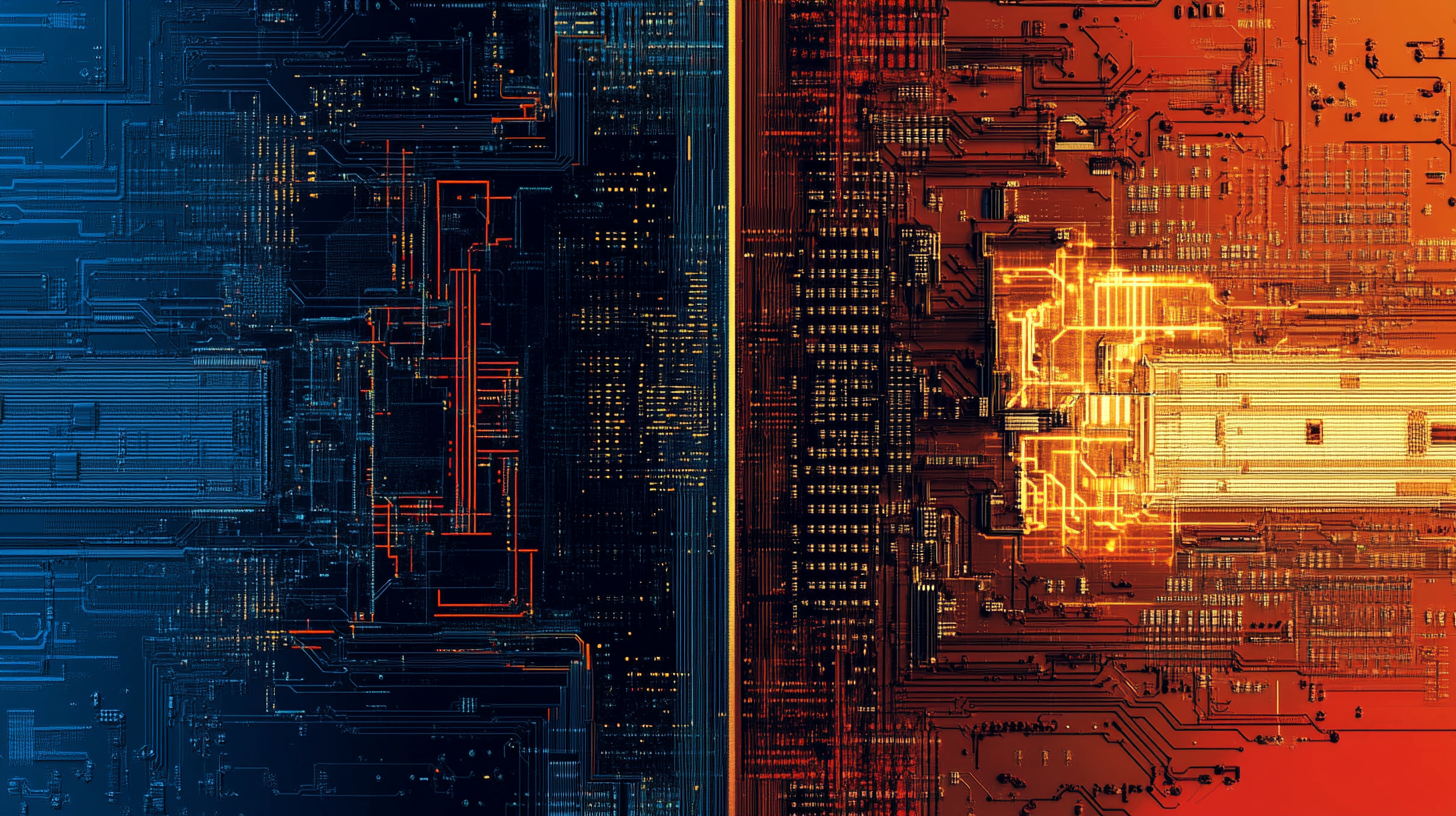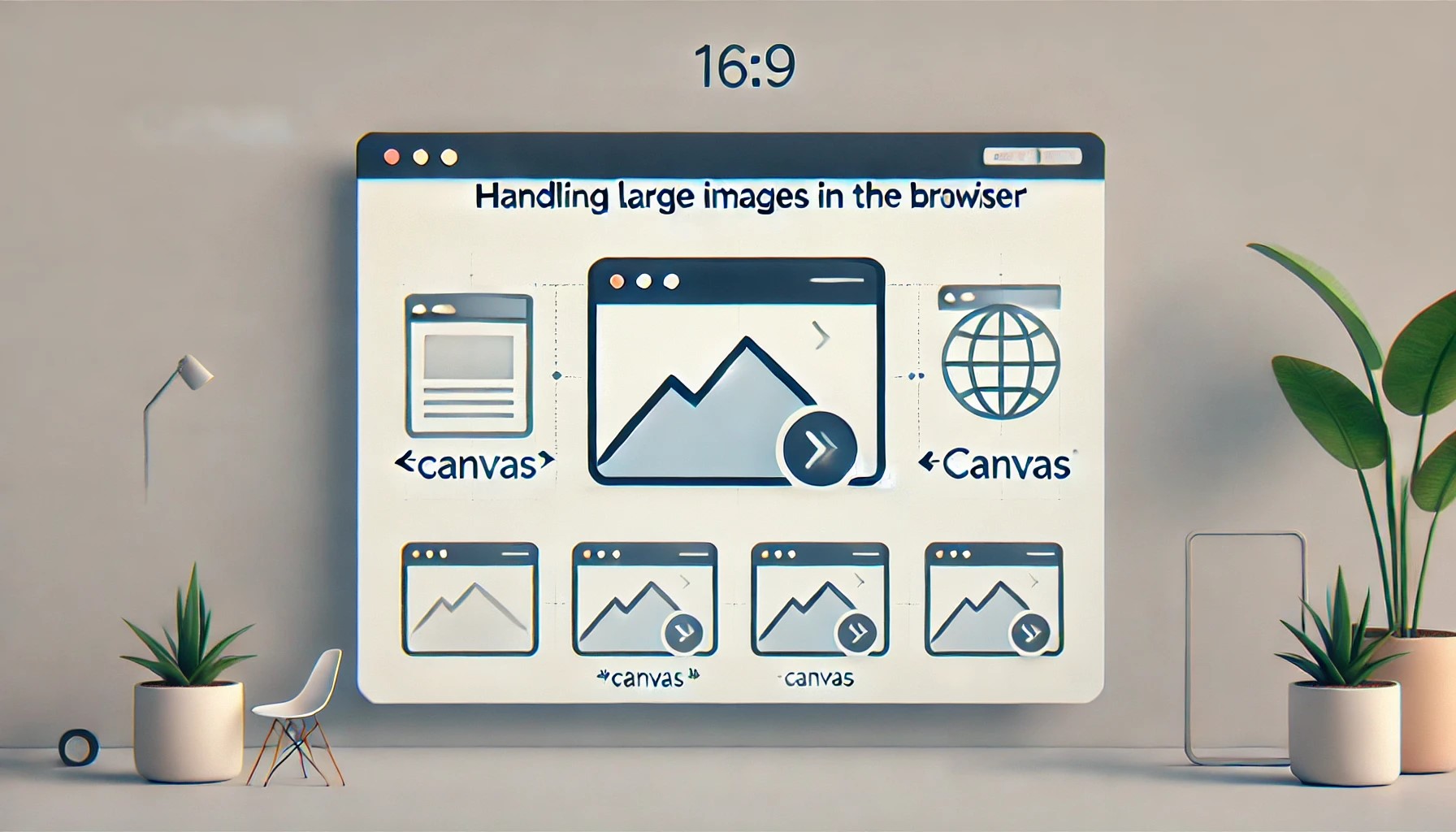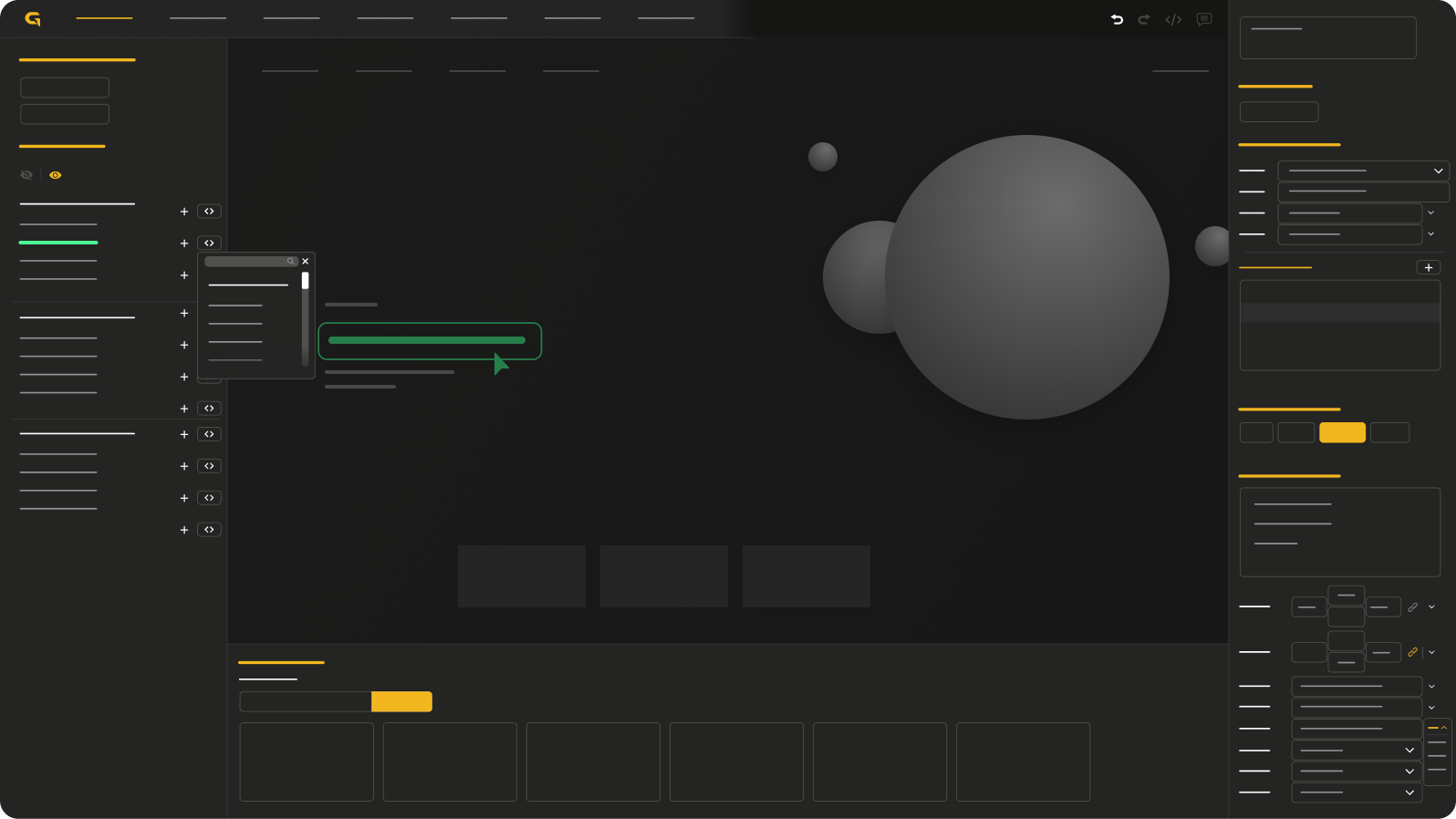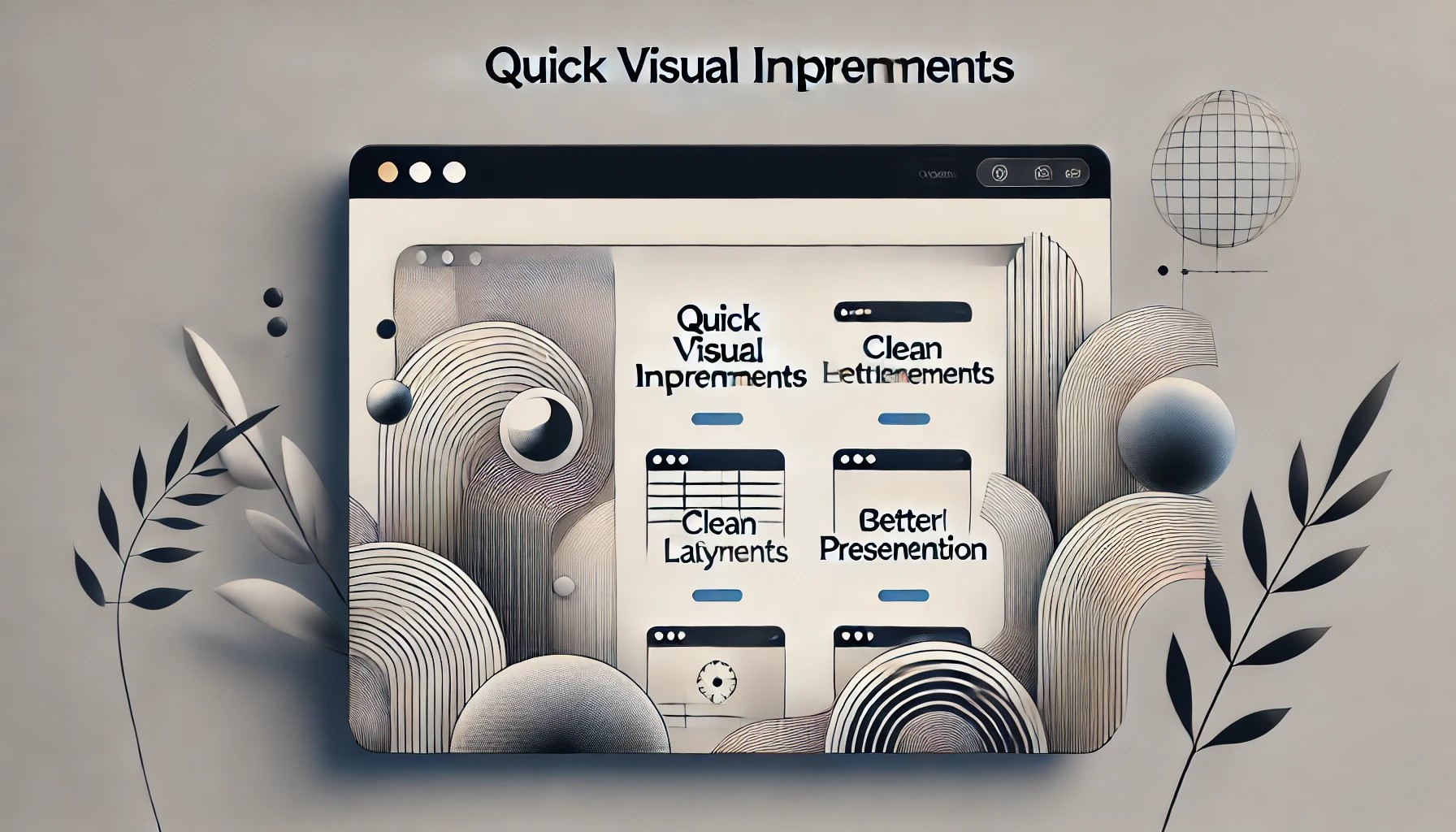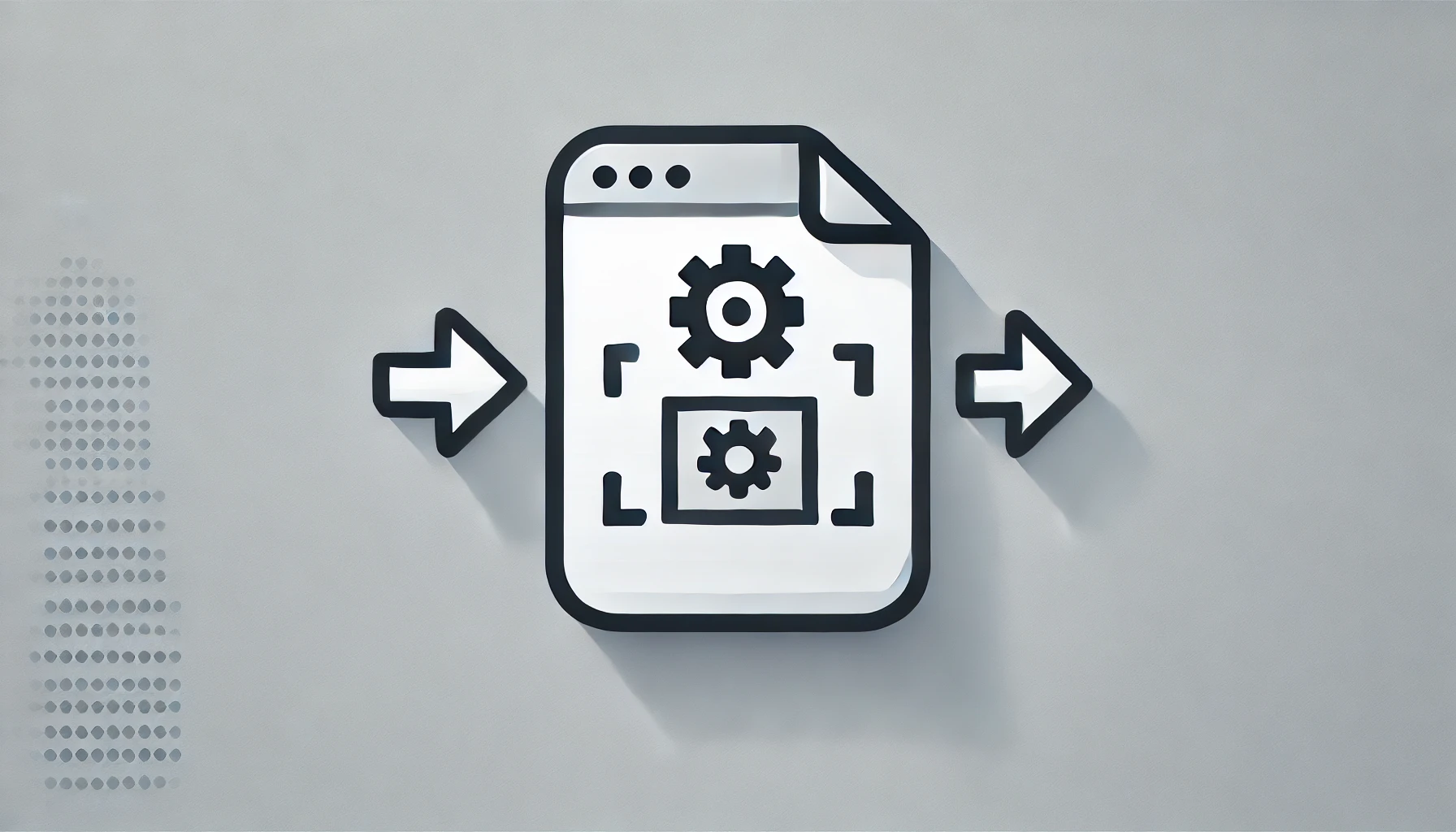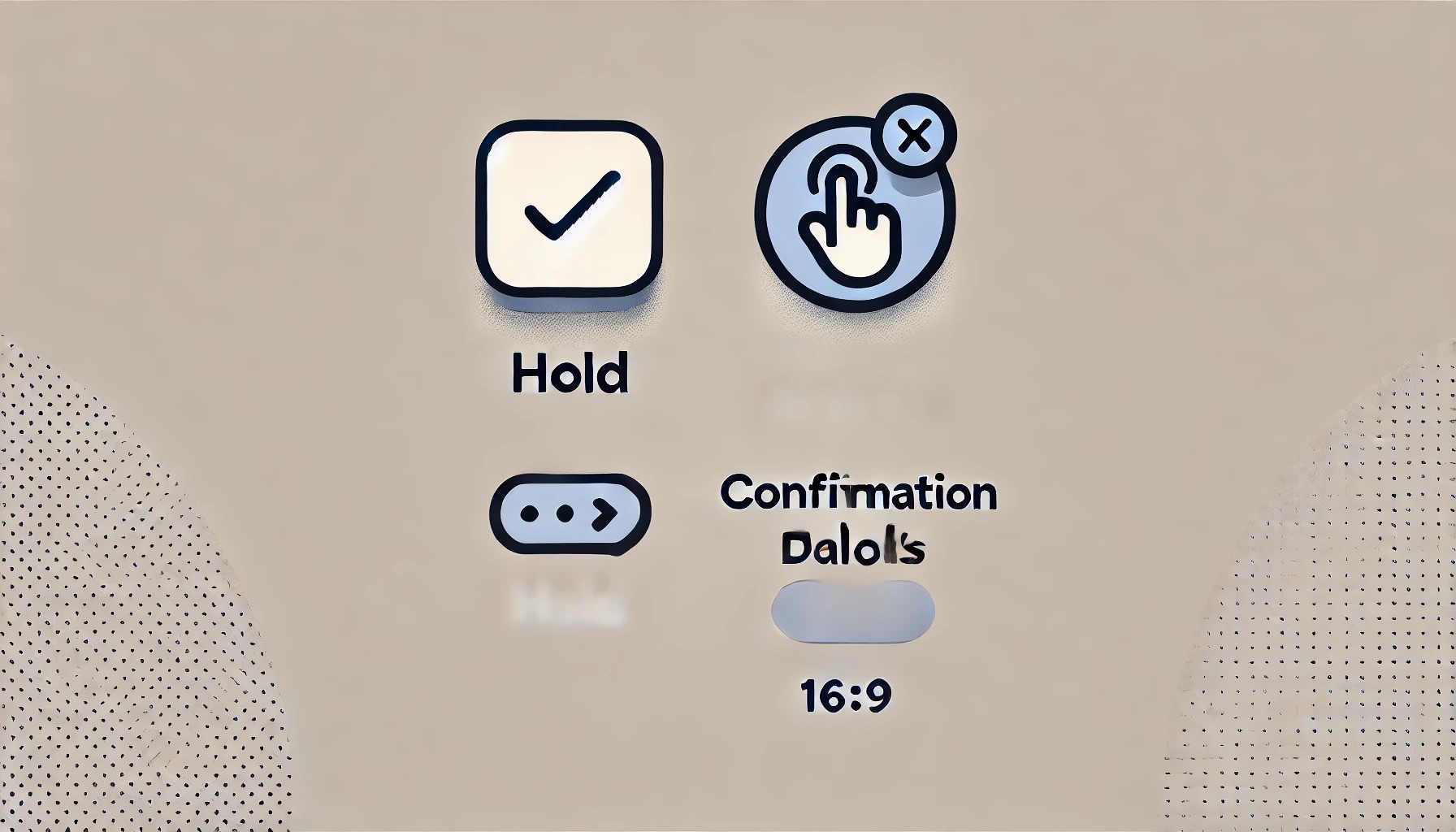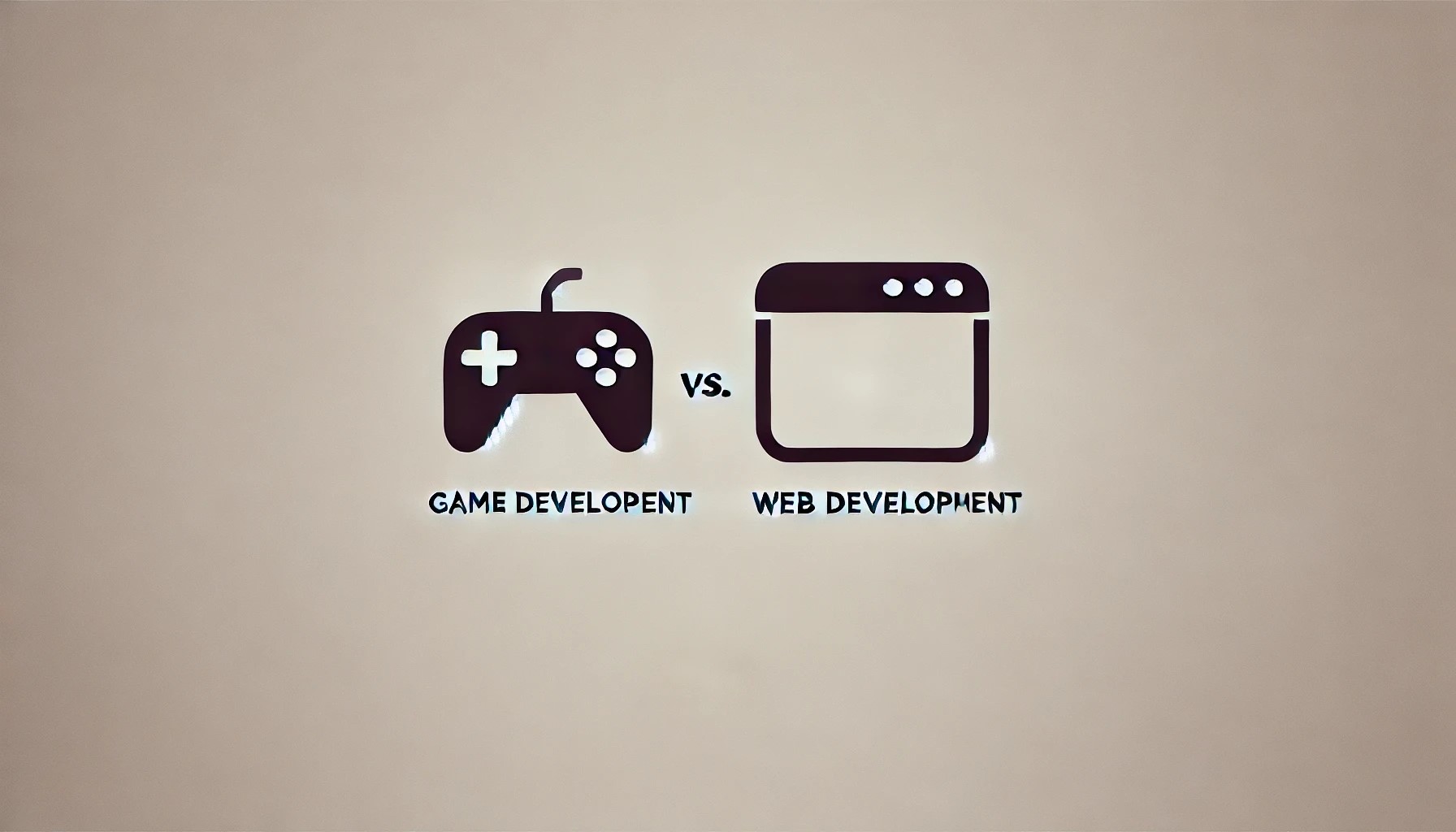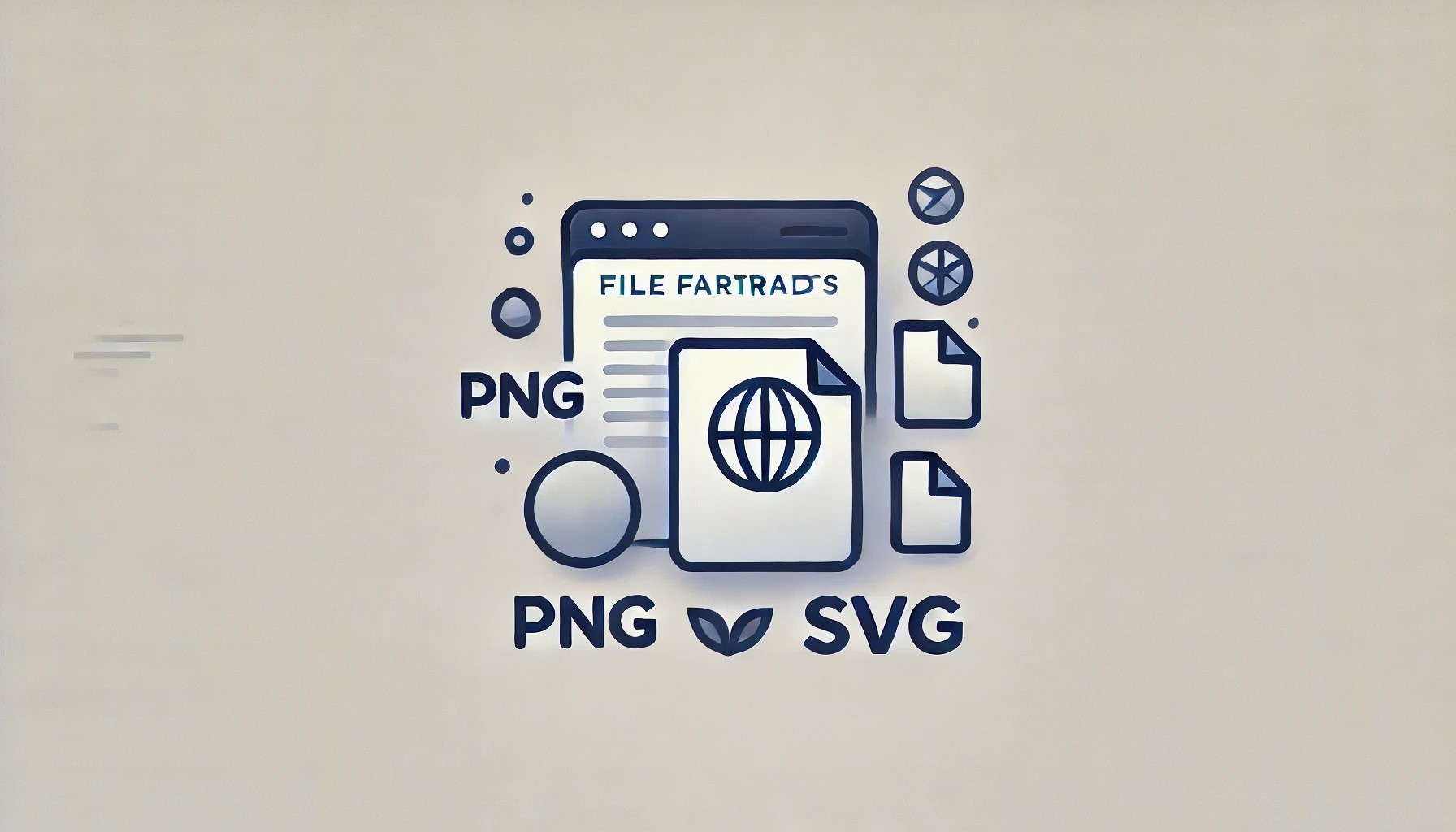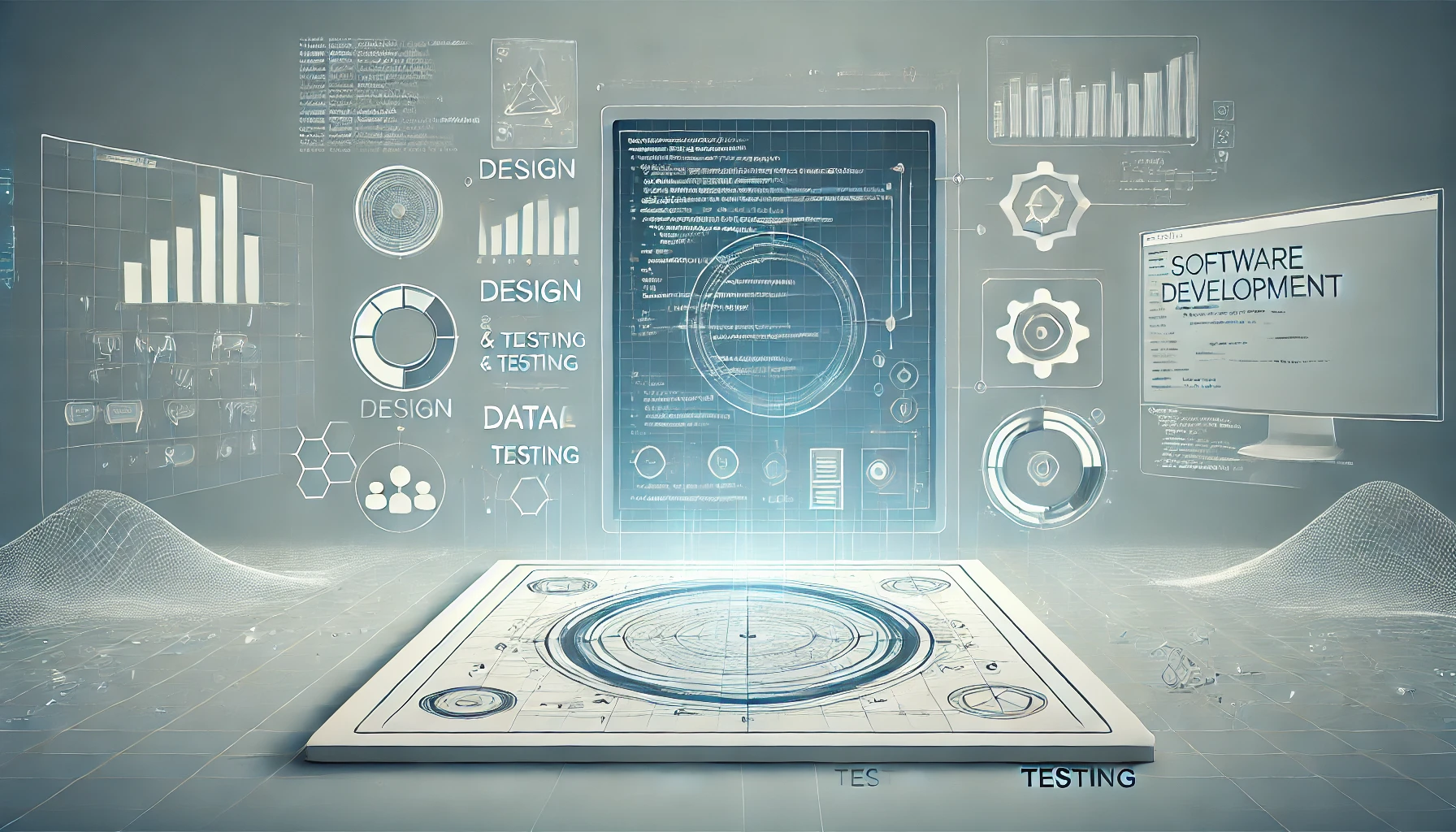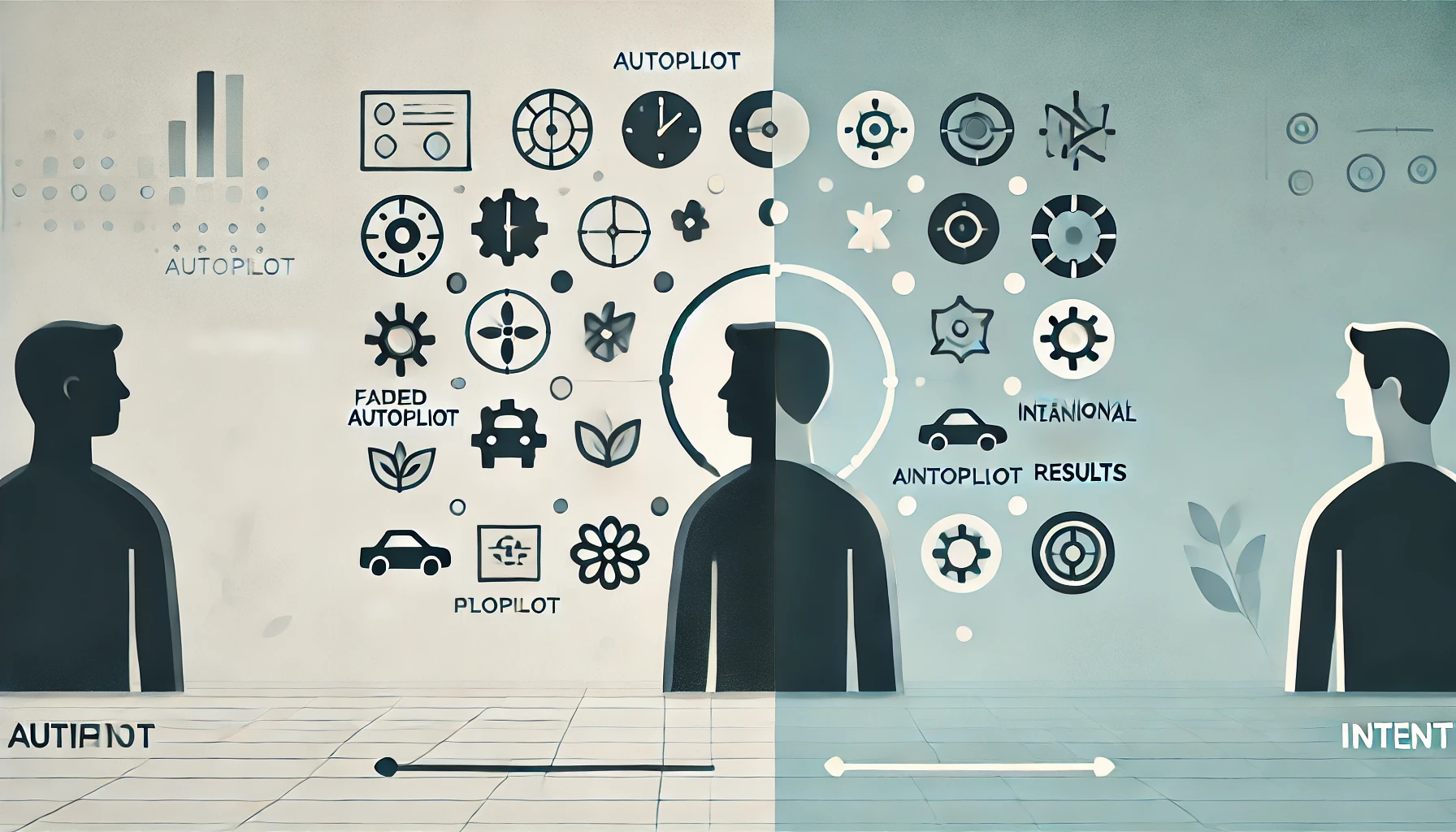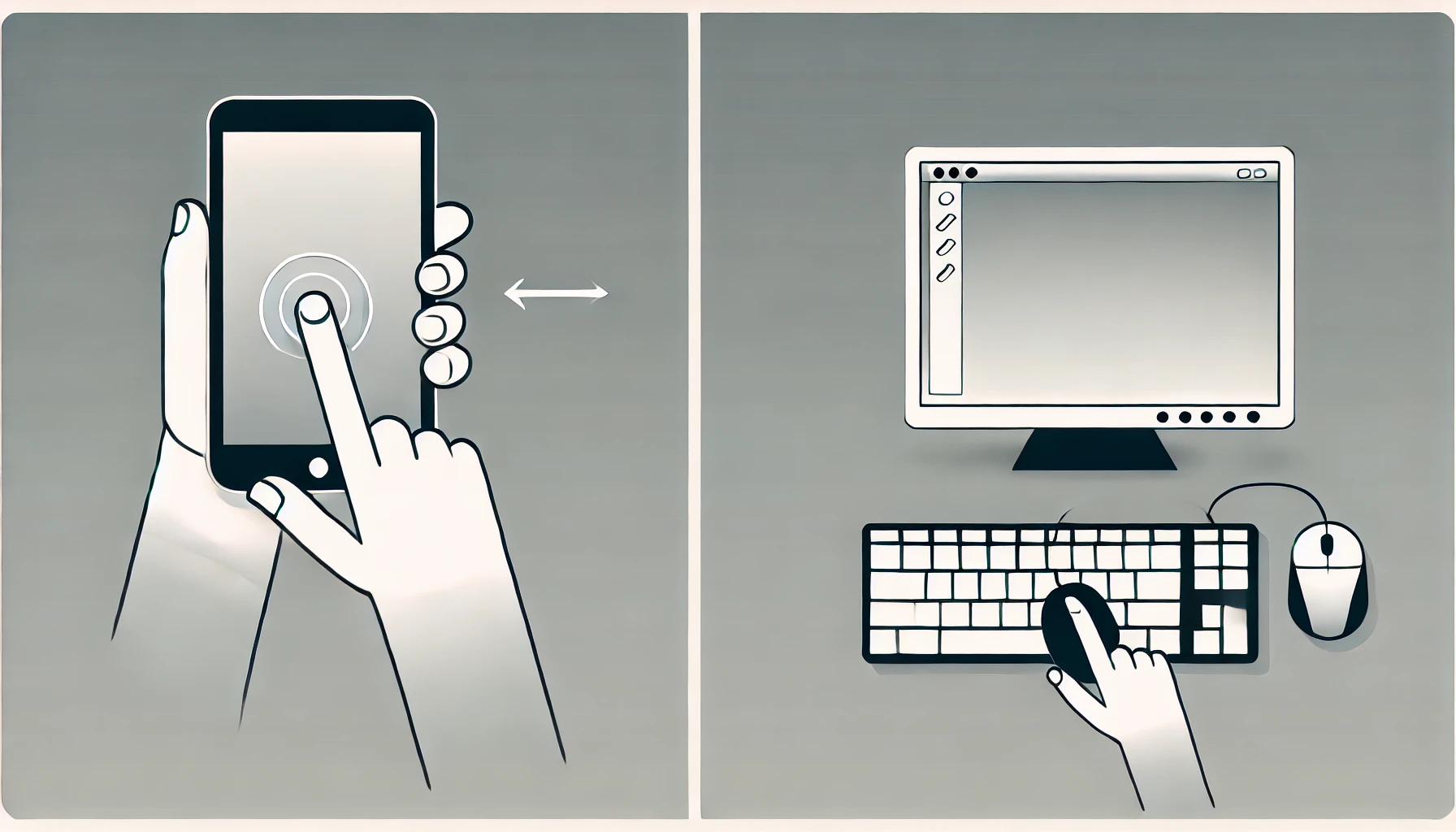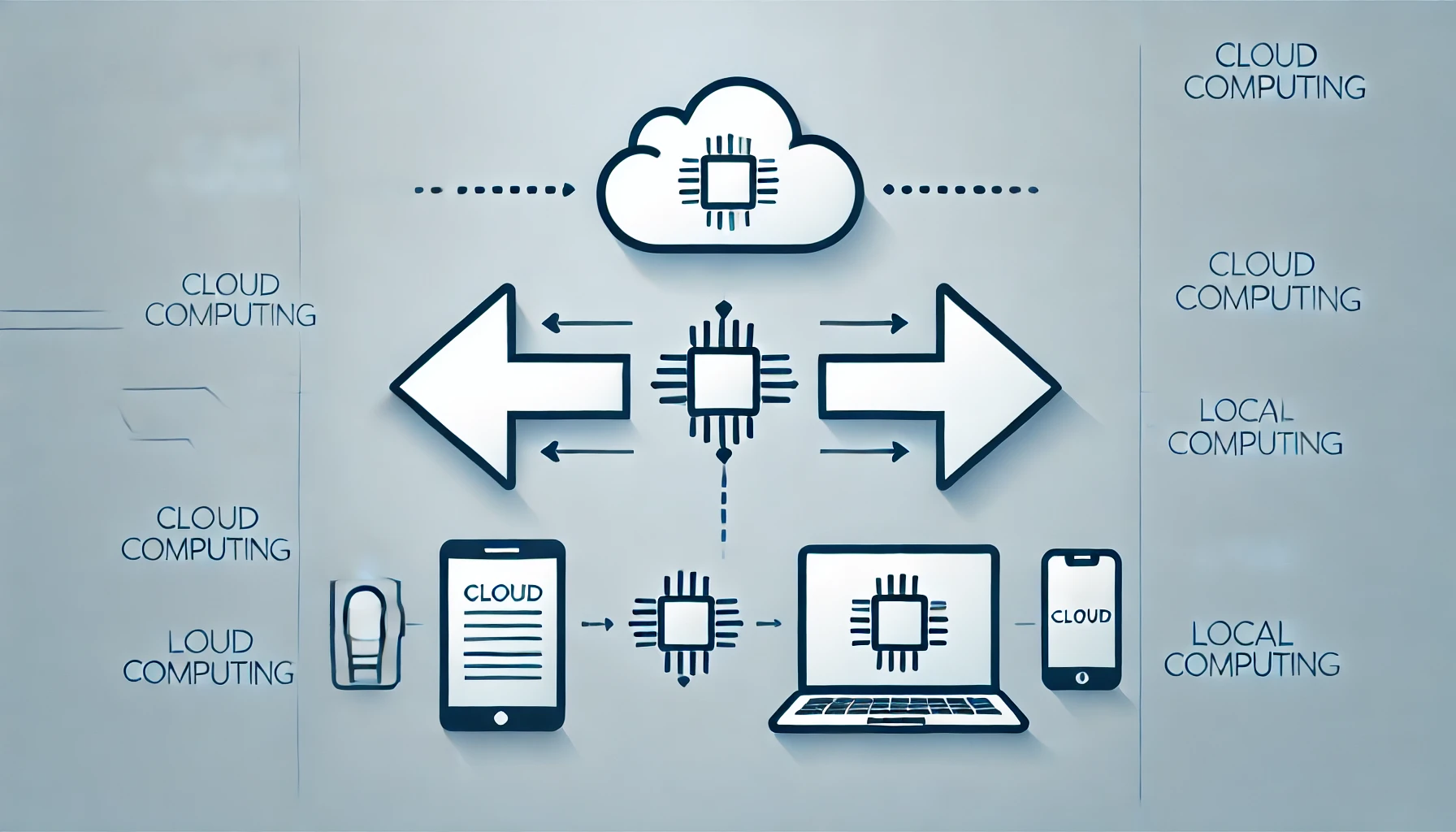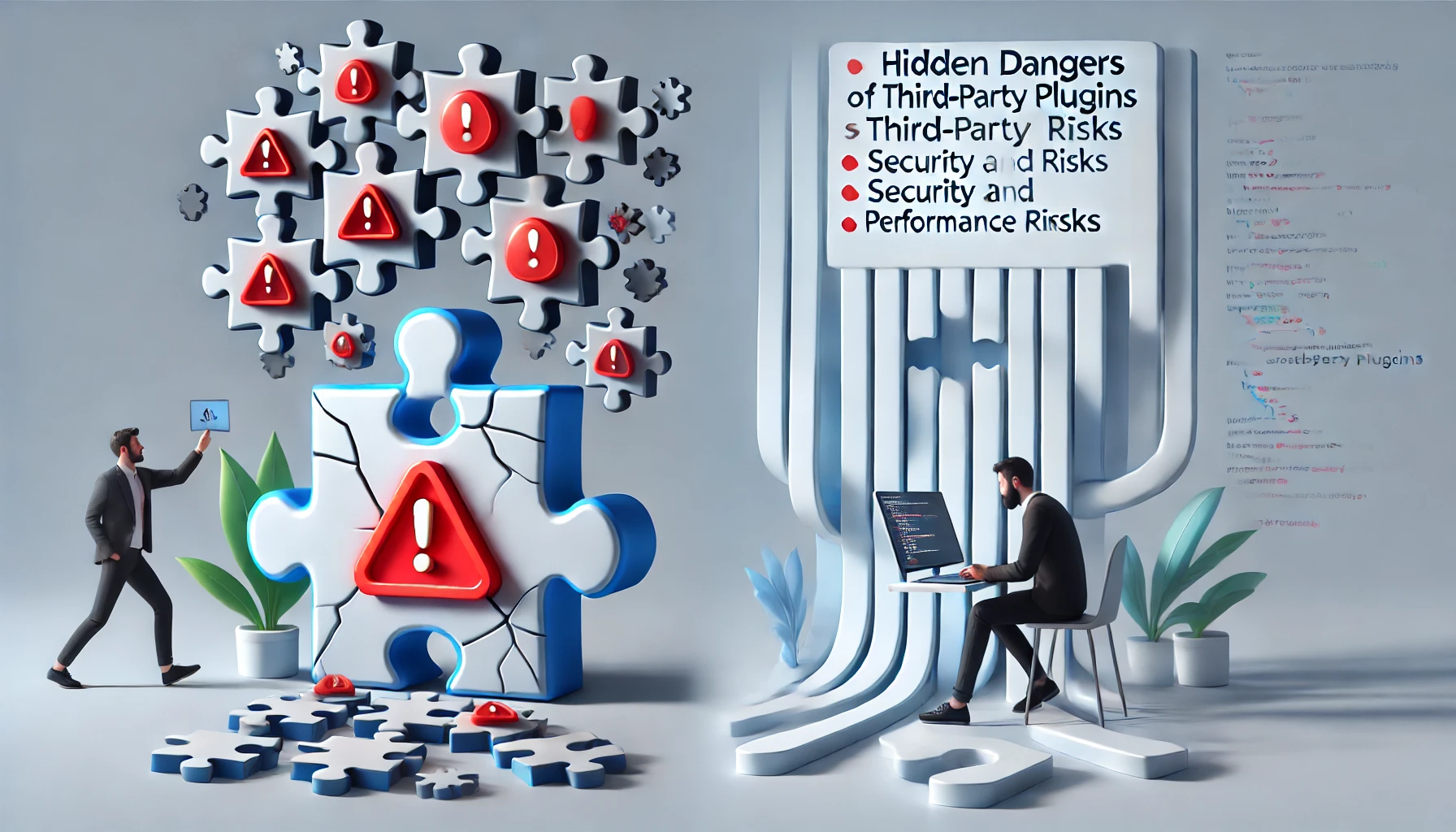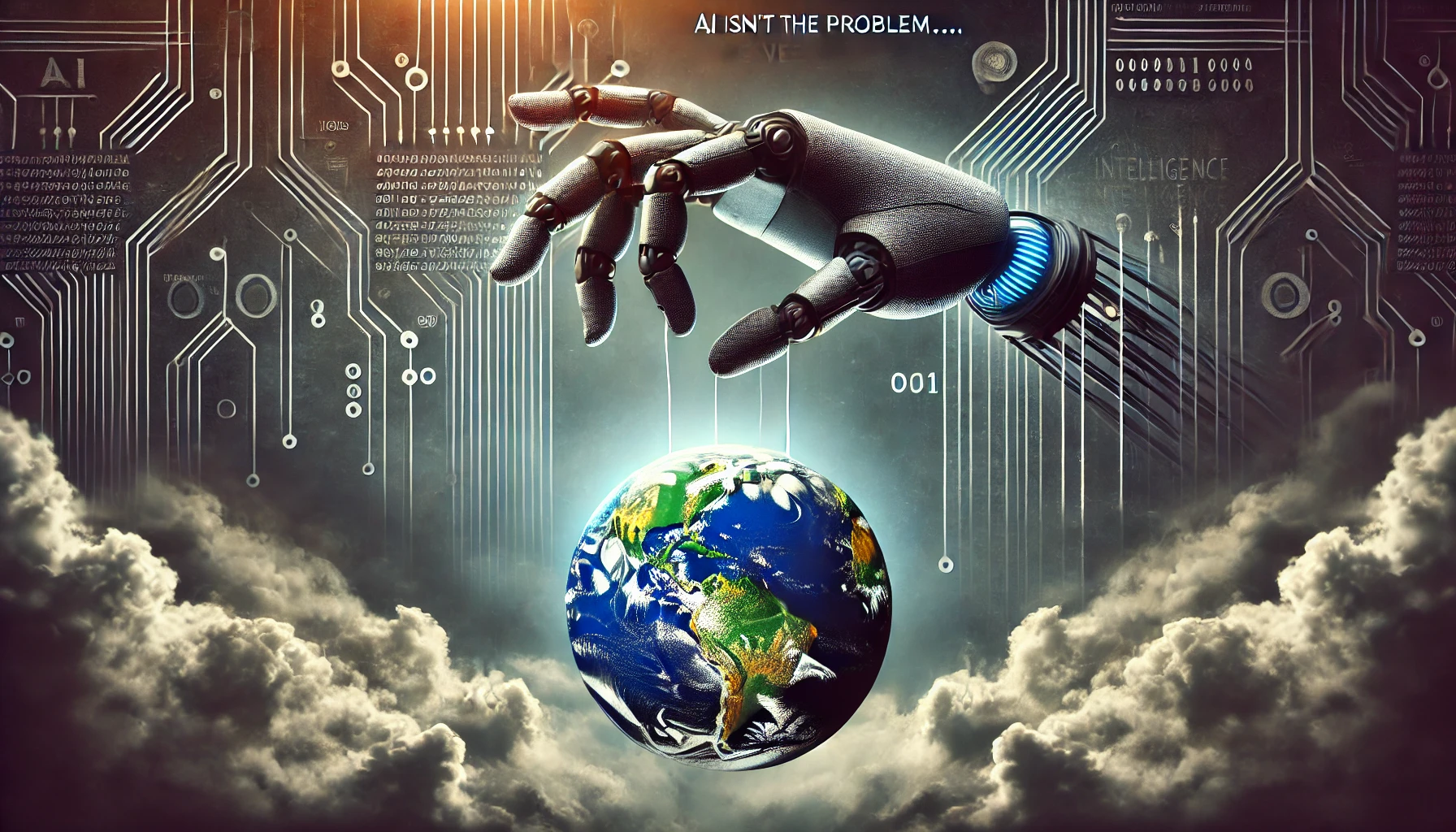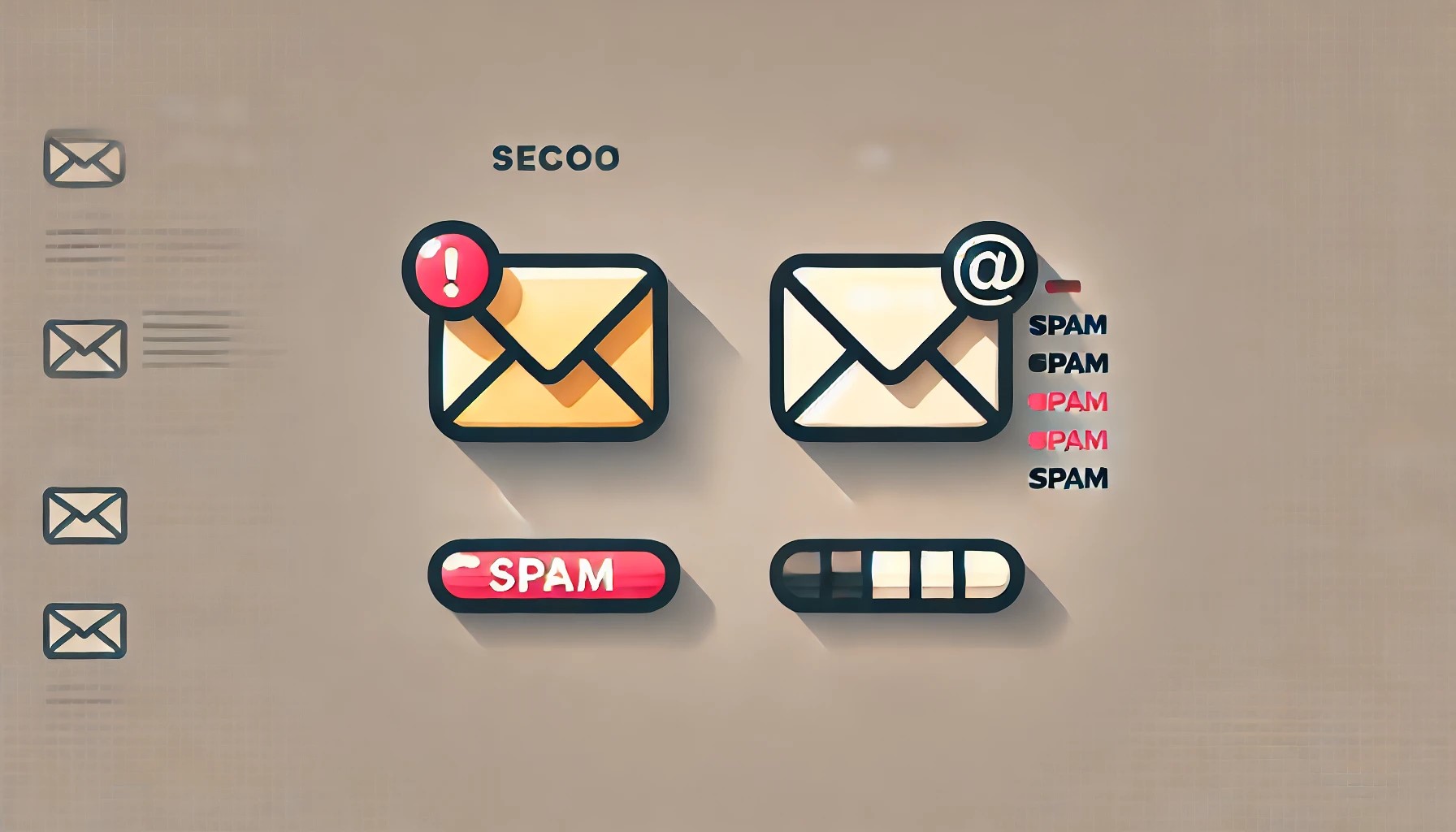The Tyranny of Proof and Direct Output - and why "something feels off" is worth taking seriously
We are addicted to proof.
That social reflex where anything that cannot be cleanly demonstrated right now is treated as noise, weakness and incompetence.
"Show me data."
"Give me one example."
"If you cannot name it, you are just imagining it."
That mindset is great for small, measurable, short-loop problems. But it is also a fantastic way to miss early warnings, kill long-term strategy, and slowly optimize your life (and business) for whatever fits in a chart.
Life, the world, and people are way too complex to demand proof of everything and then pretend that short-term thinking is "rational".
